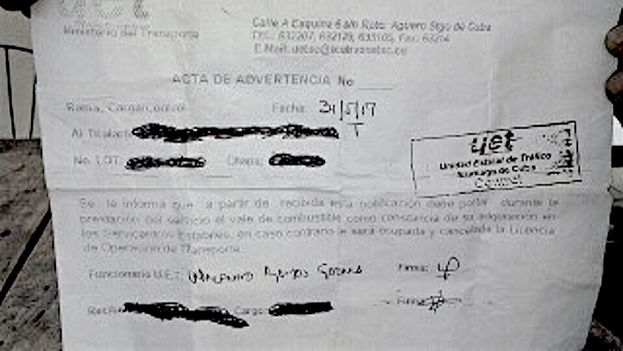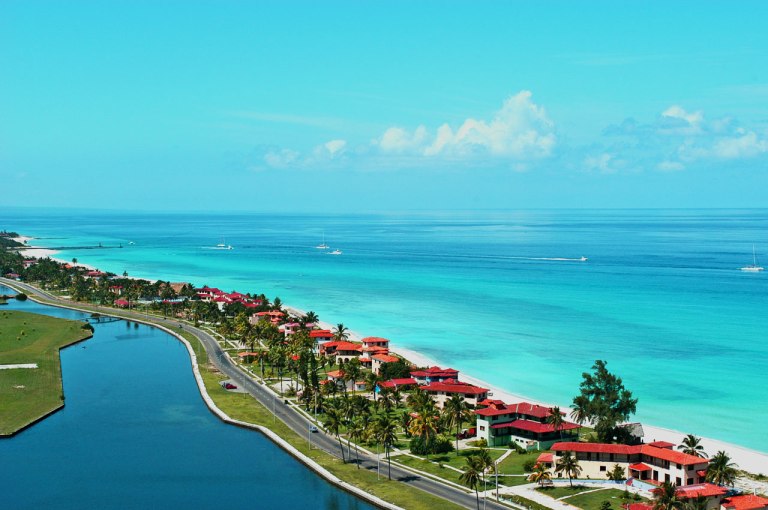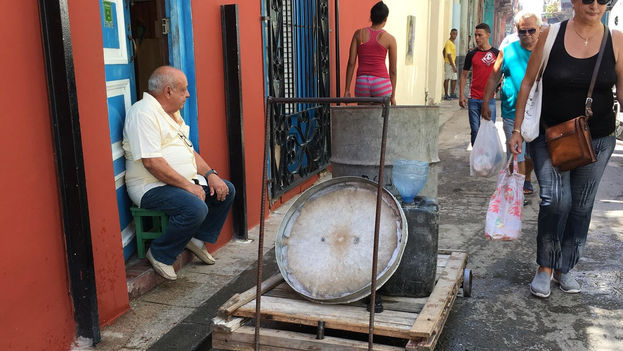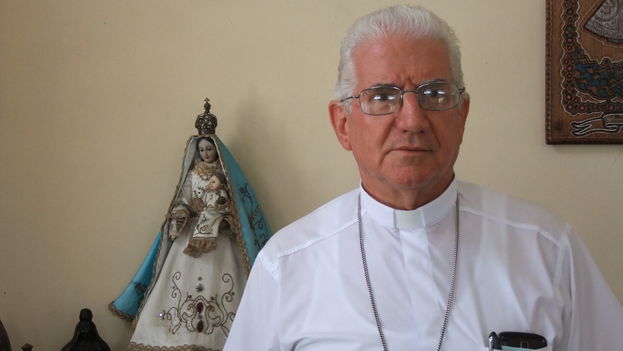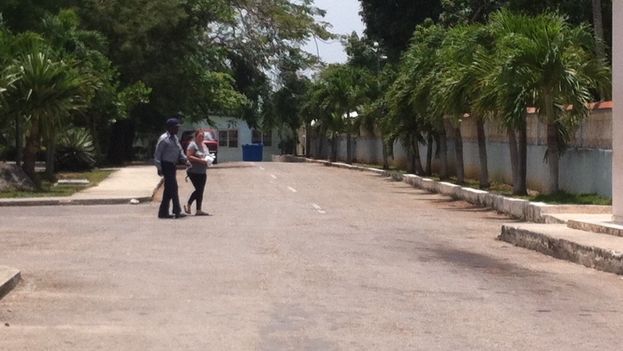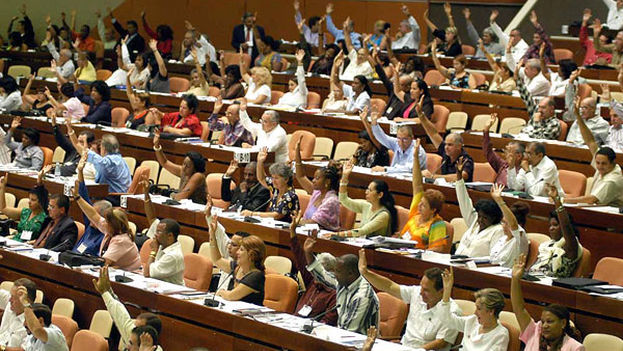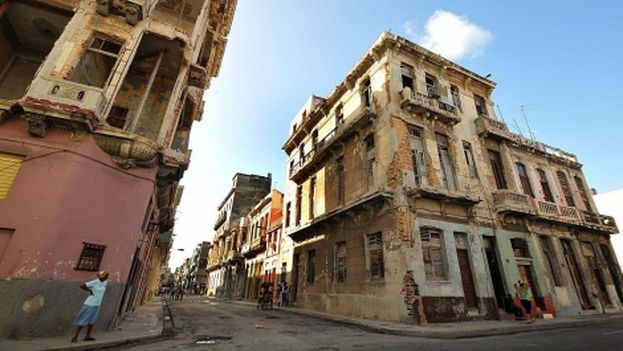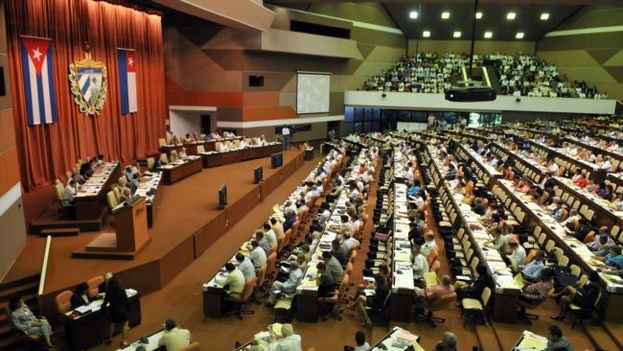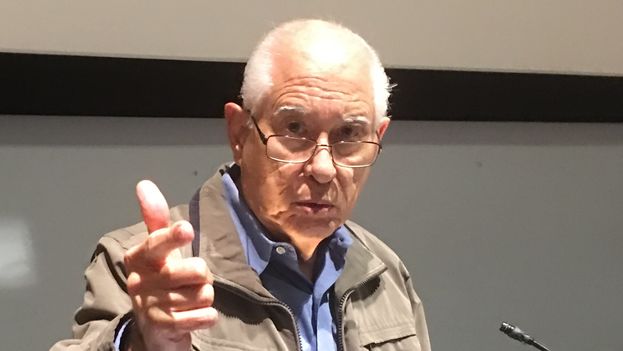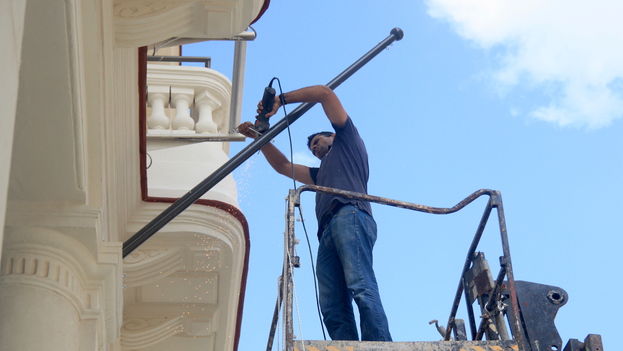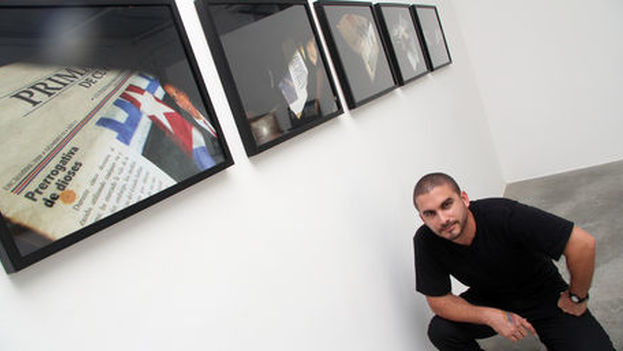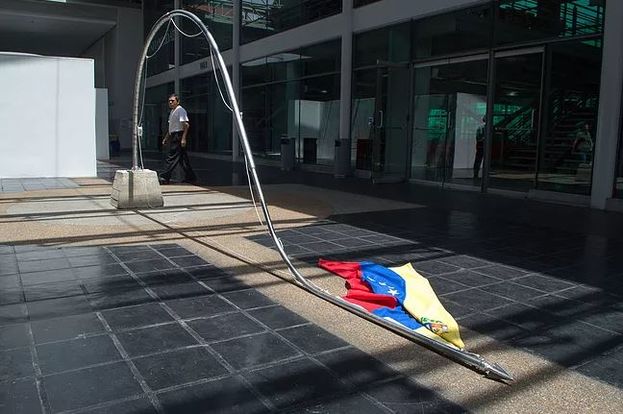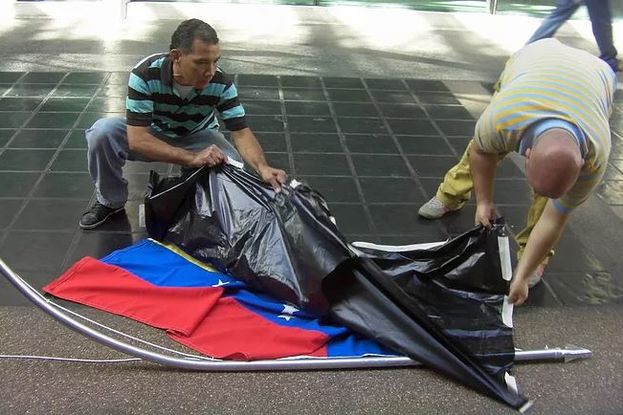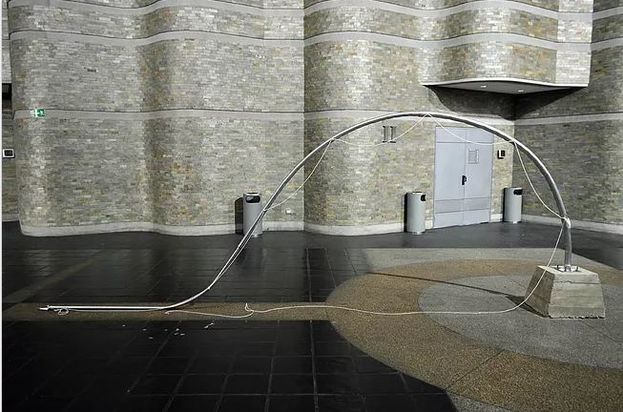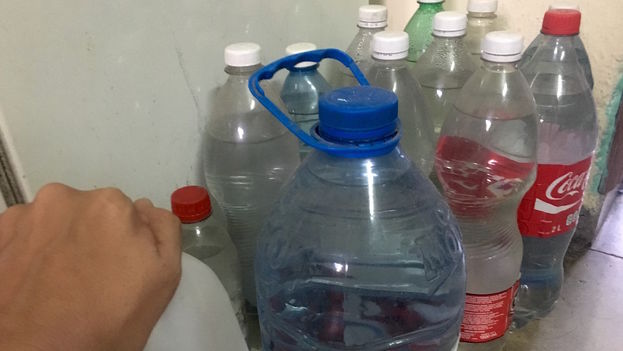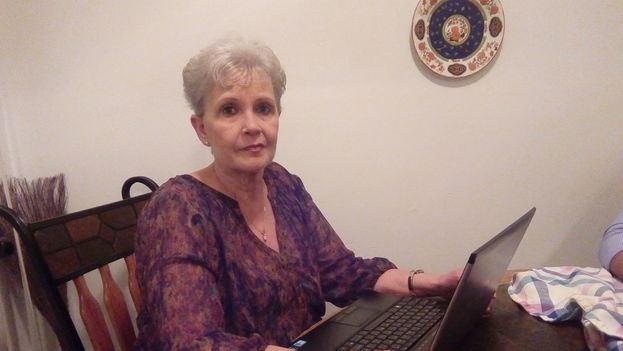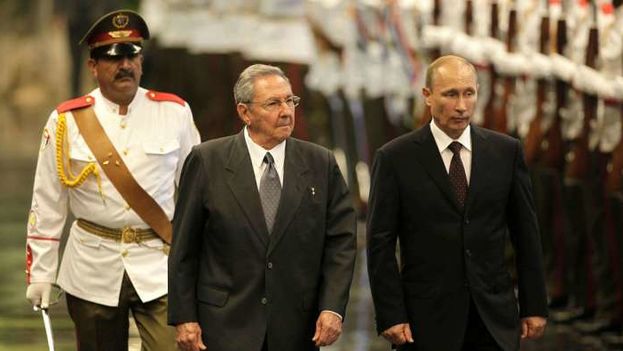Mailings began almost seven years ago, and today they are received by more than 50 subscribers. Its targeted recipients are independent journalists, opposition activists, members of the civil society, or simply friends.
Since childhood, Marta was in the habit of reading, and when she began working as a typist at the Casa de las Américas Library in July 1967, she was amazed at the institution’s catalogues and archives. The latter is considered the “trigger” for her passion for information. continue reading
Inside the walls of La Casa, as those who frequent the library refer to it, she met Virgilio Piñera, Anton Arrufat, José Triana and Luis Agüero, who often visited the reading room. There, she met Mario Benedetti, Roque Dalton, Antonio Benitez-Rojo, Inverna Codina, Fayad Jamis and Manuel Galich, and she has fond memories of the “beloved poet Raúl Hernández Novás.”
Mailings of news and other information began nearly seven years ago and there are currently over 50 subscribers
This soft spoken woman, with proven tenacity against discouragement, came to work as secretary for poet and essayist Roberto Fernández Retamar. “I loved my job with a passion and was respected by my peers without belonging to political organizations. In fact, I never belonged to any,” she clarifies.
Marta devoted the years after stopping her work at the library to caring for her mother, but neither retirement nor domestic life turned off the vigor of her freethinking. In her seclusion at home, she read tirelessly. These readings often included books censored by the authorities, some writings that deepened her critical stance against the official doctrine of the Castro regime.
Earlier this century, her husband, Eugenio Leal, joined other opposition members, journalists, activists and organizations and he shared his involvement with Marta. Both participated in the 2004 founding of the magazine Consenso, the first independent digital publication in Cuba.
“I started to serve as secretary and member of the editorial board”, recalls Marta. “It was a wonderful experience that offered me another reality, opening a door to freedom of expression in Cuba.”
In October 2005, Eugene and Martha suffered a spectacular act of repudiation in front of their own home. “It angered the authorities that we had created Consenso which was headquartered in our home.”
First they were threatened by State Security, and days after “they launched a massive repudiation rally which led to a 24-hour guard in the lower floors of our building, by repressive agents, members of the Committees for the Defense of the Revolution and Communist Party militants.”
The siege lasted for nine days. Its goal was to prevent visitors and terrorize neighbors. Marta laments “from that moment on, we were plunged into total and absolute ostracism in our neighborhood.”
“Some prisoners of the Black Spring who were supported in opening their personal blogs have a special place in my memory”
This event marked a turning point in Marta’s life. “I realized that anyone or anything can lose their personal dignity and their basic rights as a human being.”
If the rally intimidated the neighbors, it had the opposite effect on Marta. In fact, she continued to work for Consenso and later for the magazine Contodos, until February 2007, when the last issue was published. By then, the first independent blogs were about to make their appearance.
“The alternative blogosphere had the virtue of establishing close links between a large number of civic activists, independent journalists and members of the opposition, previously unconnected,” she explains. “In the most intense months of 2008 and 2009 several campaigns were promoted denouncing rights violations against opposition activists and ordinary citizens, and demanding freedom for political prisoners.”
“Some prisoners of the Black Spring who were supported in opening their personal blogs have a special place in my memory.” They dictated their writings by phone from prison, and Marta transcribed many of those articles that were later published on the internet.
When her mother died, her daughter – who had emigrated years before – invited her to visit Miami, but the Immigration and Naturalization Department denied her permission to leave for three years. “Although I had a Spanish passport, they would not allow me to travel. I denounced what they were doing and they finally allowed me to leave the country in October 2010. “Deciding to emigrate has been the most difficult decision in my life,” she confesses.
In the United States she found “the freedom I so much longed for, the power to vote democratically, the possibility of setting goals and being able to achieve them, the satisfaction of seeing my daughter and granddaughters evolve.” She is happy and grateful to the country that welcomed her, but insists that Cuba is forever in her heart.
Marta stops at this point in the story and quotes Guillermo Cabrera Infante: “Nostalgia is the memory of the soul.” As a result of this yearning and with the desire to contribute through technological possibilities, Cortizas saw new horizons. “I started copying articles, especially Cuban topics and some world events, which I sent, along with notes to my friends.”
Every day she tries to find the most important articles to e-mail. She also gets specific requests from Cuba.
Almost without realizing it, she learned how to edit the articles, deleting pictures and reducing fonts to minimize memory when sending them. The information and the number of subscribers thus begun to grow.
Every day she tries to find the most important articles to e-mail. She also gets specific requests from Cuba. “I try to accommodate everyone. That makes me feel refreshed and useful,” she states.
“Some days I even spend over four hours compiling information, and I try to do this seven days a week. The greatest satisfaction is to get messages of concern for me at times when, for different reasons, I am unable to send the information. She does not get any kind of material compensation for this work, and pays for repairs to the frequent malfunctions of her laptop out of “her own pocket.”
She does not think that the opening of Wi-Fi zones with internet access in various locations in the country has reduced the demand for news. “As long as the government keeps a gag on free information controlling, through its machinations, access to different webs, this work will be useful,” she affirms.
“I will rejoice the when it will not be necessary for me to continue this work. Then, I will find another way to be useful.”
Translated by Norma Whiting
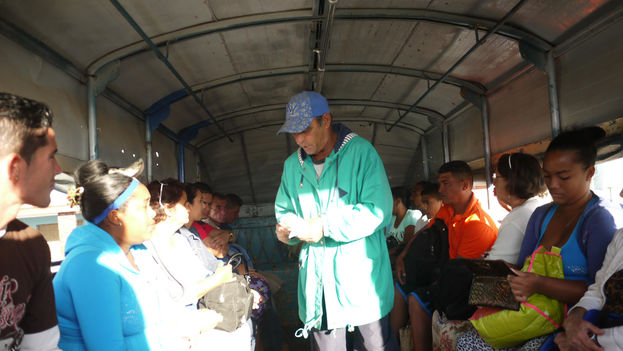
![]() 14ymedio, Havana, 12 June 2017 –Authorities have taken a firm stand with private transportation in Santiago de Cuba and have begun to demand exhaustive proof of fuel purchases from the state gas stations to verify that they are not from the black market.
14ymedio, Havana, 12 June 2017 –Authorities have taken a firm stand with private transportation in Santiago de Cuba and have begun to demand exhaustive proof of fuel purchases from the state gas stations to verify that they are not from the black market.